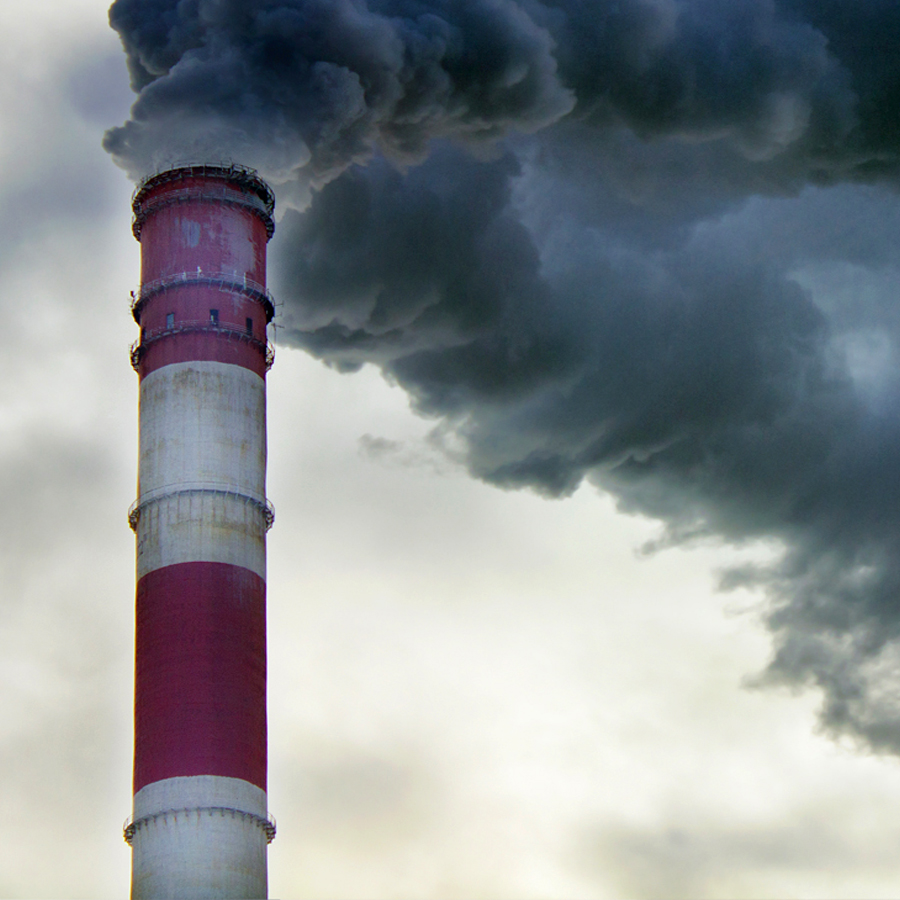Industry Buzz
Liability in the Banking Sector
In the financial sector, liabilities loom as an ever-present risk, capable of destabilizing even the most robust institutions… MORE
Navigating Professional Liability Risks
Emerging risks in professional liability present a complex landscape for professionals across various industries, reflecting… MORE
Healing with Caution: Liability in Healthcare
Navigating the intricacies of medical malpractice, patient safety, and legal compliance requires not just expertise but… MORE







